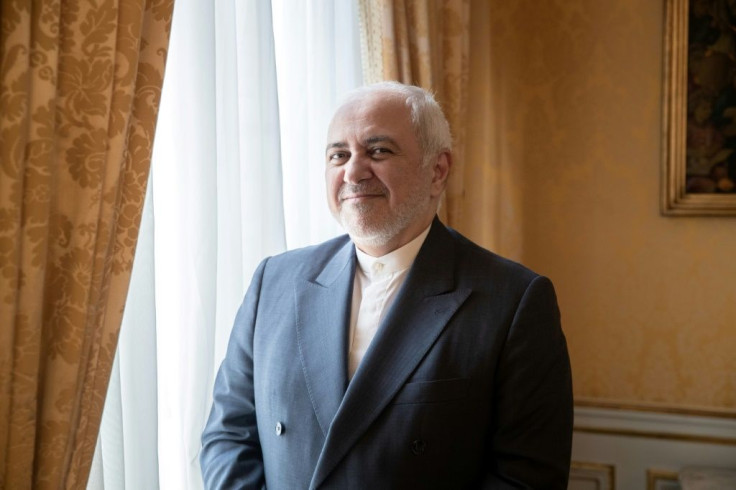War With Iran? Iranian Foreign Minister Warns Retaliation Will Result In 'All-Out War'

Iranian Foreign Minister Mohammad Javad Zarif warned Thursday any military strike against Iran in retaliation for the weekend attack on Saudi oil facilities would trigger “all-out war.”
Iran has denied responsibility for the drone and missile strike Saturday on the Aramco facility at Abqaiq and oil fields that destroyed half of Saudi Arabia’s daily output. By Tuesday half the capacity had been restored and officials promised full capacity would be reached by the end of the month, easing worries about the impact on oil supplies.
Both the Saudis and U.S. officials have rejected claims from Yemen’s Iran-backed Houthi rebels that they were responsible for the attack and instead note satellite pictures indicate the attack came from the north, originating either from Iran or from a vessel in the Persian Gulf. Both Saudi and U.S. officials have said the attack was too sophisticated for the Houthis to have carried it out.
U.S. Secretary of State Mike Pompeo traveled to the region Wednesday to confer with allies.
In an interview with CNN, Zarif again denied any involvement, calling Saudi evidence “lies and deception.”
“I’m very sure Iran didn’t do this,” Zarif said, adding, “We don’t want war. We don’t want to engage in military confrontation.”
Asked what the consequence would be of a military strike against Iran, Zarif responded, “An all-out war.”
Pompeo arrived in Jeddah, Saudi Arabia, Wednesday to confer with Crown Prince Mohammed bin Salman and headed to the United Arab Emirates Thursday for further talks. State Department spokeswoman Morgan Ortagus said in a statement that the U.S. and Saudi Arabia agree Saturday’s attack was “unacceptable.” Earlier, Pompeo labeled it “an act of war.”
Pompeo criticized Zarif's remarks, contrasting the U.S. effort with diplomacy with Iran's hostile stance.
"I was here as an act of diplomacy while the foreign minister of Iran is threatening all-out war and to fight 'til the last American," Pompeo said. "We are here to build out a coalition aimed at achieving peace and a peaceful resolution. That's my mission."
He said further sanctions would be imposed in a bid to cut off funds "to prevent them from conducting their terror campaigns."
Saudi investigators have collected fragments from 25 drones and cruise missiles used in the attacks, with Defense Ministry spokesman Turki al-Maliki saying there’s no question Iran was responsible.
Houthi military spokesman Yahya Saree said the assault was launched from three sites in Yemen and threatened the UAE, a key member of the Saudi coalition fighting the rebels, saying the skyscrapers of Dubai and Abu Dhabi are among a dozen targets under consideration.
Military planners weighing possible targets in Iran reportedly are considering the Abadan oil refinery, among the world’s largest, and Kark Island, the country’s largest oil export facility.
President Trump already has ordered a tightening of sanctions. The administration reportedly also is considering increased deployments in the region and a stepped-up cyber campaign.
Trump had been flirting with the idea of a face-to-face meeting with Iranian President Hassan Rouhani on the sidelines of the U.N. General Assembly meeting next week, but Rouhani has indicated he might not attend, citing complications surrounding his visa.
© Copyright IBTimes 2024. All rights reserved.






















